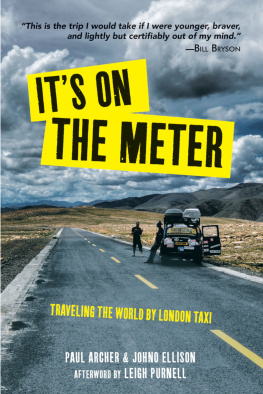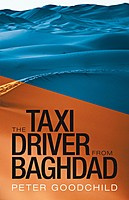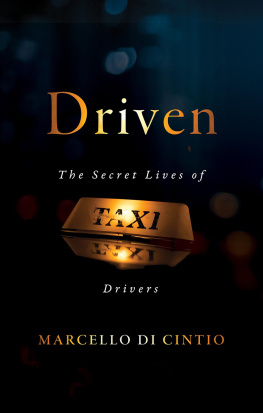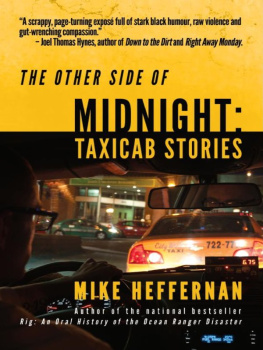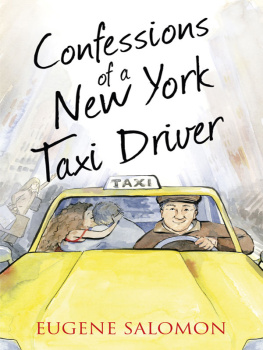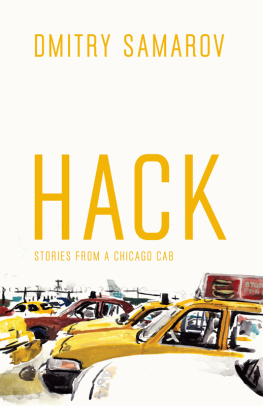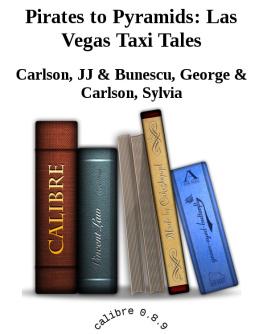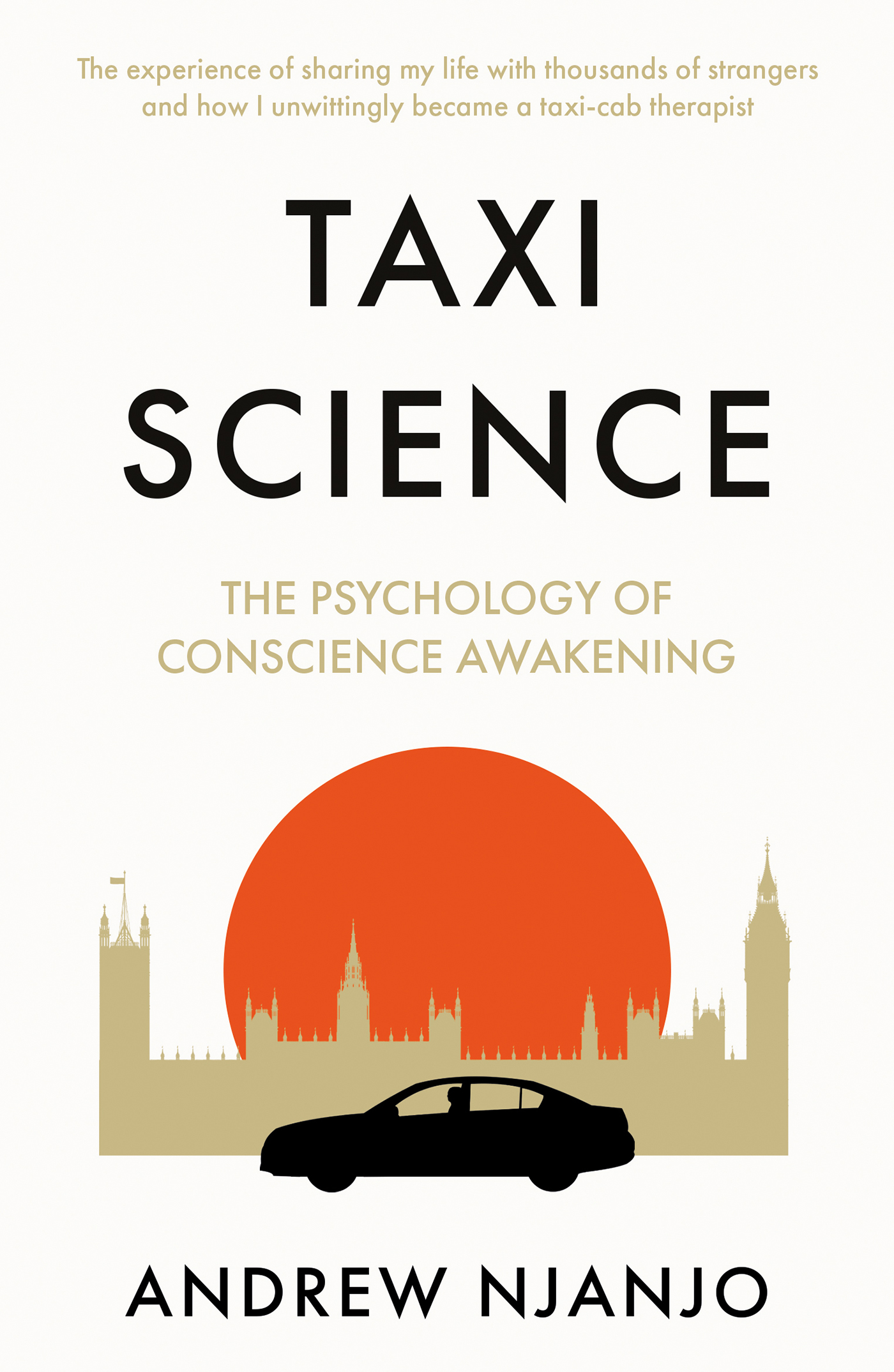The moral right of the author has been asserted.
Apart from any fair dealing for the purposes of research or private study, or criticism or review, as permitted under the Copyright, Designs and Patents Act 1988, this publication may only be reproduced, stored or transmitted, in any form or by any means, with the prior permission in writing of the publishers, or in the case of reprographic reproduction in accordance with the terms of licences issued by the Copyright Licensing Agency. Enquiries concerning reproduction outside those terms should be sent to the publishers.
Leicestershire. LE16 7UL
British Library Cataloguing in Publication Data.
A catalogue record for this book is available from the British Library.
I dedicate this book to my children, who will never have experienced my struggle. They have given me my character and are the reason I have become the hardworking person I am today. By recounting my journey in this book, my experience will be documented for them to read.
Whatever political and social position were holding, it is affecting someone negatively. Understanding the struggle of others can be the beginning of creating a better world but it can only happen if were truthful to our consciousness. Each chapter in my book serves as a mirror to the behaviour we hold emotionally dear.
One
Driving into enlightenment
Becoming a taxi driver was a way to escape from the tribalism I had since from my childhood in Cameroon. I also used it as a shield for the racism I encountered upon arriving in London. The metallic protection of a cab, together with the engine of ten horsepower to get away, became my safeguard. It put me in a commanding position and in charge of my working environment. I also have the freedom to choose my working times. The two cultures that Ive had the privilege to live under became my focus point that dictated my decisions throughout my twenty-five years of taxi driving. Every rider I have ever had the privilege to carry in my taxicab had a story and have always left me with a lifetime experience. I have become a behaviour therapist because of the challenging information they have left me with. I love people from every walk of life because they make a colourful, antagonistic, and stressful but wonderful world. From my experiences, I have come to understand that judging people before I have the chance to know them has never and will never be a good idea. I have been wrong about some riders who I have had the greatest and most enjoyable experiences with when I carried them in my cab for the first time. I have also been deceived by some riders whom I trusted navely and, yes, I got it completely wrong. Making a living from the frontline is not simply black or white, there are lots of grey moments too. However, my marriage to both my inherent cultures gave me a unique approach to the challenge. I have reached a point where Im reactive rather than proactive because thinking that the next rider will have a similar behaviour to the previous rider is bigger than a mistake. From my experience, its even criminal to pre-empt a rider because I could be giving the image of a criminal to a law-abiding citizen.
I have come to understand that a riders behaviour is dictated by their subconscious mind based on their worst taxi experience. If they have previously been molested by a criminal cab driver, they will react to this experience. During a winter period, around 6 p.m., I took a female rider on a trip to Beckenham. I used a direct route through Dulwich Village and also used the private road. It was an unusual route because most drivers avoided that road due to the toll-gate there. My rider was sitting directly behind me and I noticed when I was crossing the quiet area that she moved to the middle seat. Through the rear-view mirror, I noticed she was looking nervously at both sides of the road.
Are we going to Beckenham? she asked.
Yes maam, we are, I replied.
In a nervous voice, she said, Ive never been through this way before.
Its a private road that cuts out the traffic jam on the south circular, I replied.
I reached the long stretch at Crystal Palace Park Road in no time.
Oh! I know where I am now, she said.
It wouldve been a big mistake on my part if Id responded negatively about why she was questioning my choice of route. It was the first time that I was driving her and probably the last time. She had no knowledge of my background and I knew nothing about her past experience. My riders behaviour proved one thing for sure, I knew she wasnt from that part of London. As a taxi driver, I am sometimes anxious when Im on trips with riders Im not familiar with but Im good at disguising my fear. The nature of driving people in a taxicab comes with more risk than other forms of transport. Even though riders may request a taxi, or hail one, the drivers always get a stranger in the cab. Trust is the only reliable initiative both the driver and the rider have to complete a trip. The paying rider hopes that the authority has vetted the driver as a trusted and fit person to drive strangers. We are ever surrounded by danger but unconsciously believe that bad things only happened to others.
London is a unique capital city which accommodates every nationality. People live closely and on top of each other, and that is a challenge. The complexity of Londons narrow and complicated roads gives room for two types of taxi. The public hire, famously known as black cabs, and the private hire also known as mini-cabs. Both provide the service of transporting riders for a commercial purpose. The black cab uses a unique designated vehicle which segregates the rider from the driver with a transparent plastic shield. There is no front seat for a rider. Black cab drivers know Londons streets very well at a nine-miles radius from the centre point. The black cab is arguably one of the best taxi services in the world. They are allowed to charge by the time spent in the taxi rather than the distance. With London traffic, its too expensive to hire a black cab. The drivers are high earners in the taxi trade and for that reason I was tempted to do The Knowledge and become a black cab driver. I did register and attended the initial induction, but the examiner said something which made me review my position.
Maybe two or three of you in this room will actually pass the knowledge, the examiner told us.
There were twenty-five of us in the room.
Most of you will start the process but will give up halfway. And its a waste of your time if youre not mentally prepared or capable, the examiner continued.
It was like he was talking directly to me. I was only focused on the benefits of becoming a black cab driver. But I was only focused on the financial benefits of becoming a black cab driver, ignoring the hard work needed to acquire the knowledge of London.
You should all go home and think carefully make a decision one way or the other, he concluded.
At home I was struggling to help my daughter with her homework. The little education that I had had while growing up in Cameroon was in French. Before I brought my daughter to the United Kingdom, I was having a conversation with some top civil servants in Cameroon. They knew I was from London, and asked me what my profession there was. When I told them I was a taxi driver, they were speechless and the subject was changed. People considered the taxi driving profession as low in the professional rankings, even though I was financially better off than those guys. They may have been more educated than me because they had parents who sponsored them. Education is not free at every level in Cameroon. The only thing a parent can never buy for their children, whatever their wealth, is intelligence. I may not have their level of education but my intellectual capacity is unquestionable. When I got home that day, I reflected on my entire life and asked myself if I was at the end of my journey. I decided that I had a lot more to offer than driving a taxi all my life. However, if Id known I would be doing the same job for twenty-five years, I would have taken a different decision. Nevertheless, Ive benefited greatly by driving strangers with real social and political experience.


